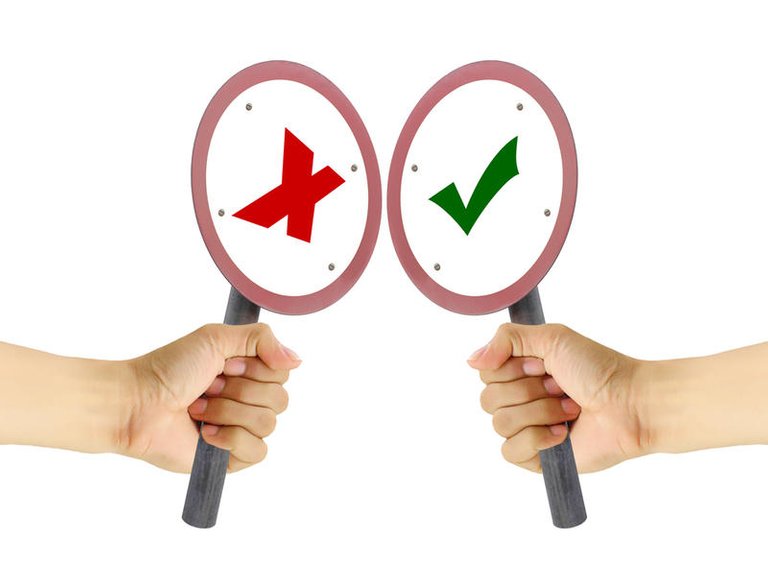To become a good interlocutor, you need to learn to listen. This contradiction is explained very simply: we want first of all to speak out and a rare person who wants to listen to us will be very valuable. Paraphrasing a well-known expression, we are given two ears for listening, learning and collecting information before there is any reason to say anything.

Focused on people. If you give all your attention to the interlocutor, then take care. It is necessary to understand the life position and history of another person, to use his stories as a means of understanding. Be focused on emotions.
When you are interested in a person, listening to it is easy. He feels it and with pleasure continues his story.
Focus on content. You can focus on what was said, not on the person himself. Strive to focus on the facts and evidence, to understand the details.
Do not think about what you want to say, but carefully evaluate the story of the interlocutor. It means not sounding prepared phrases, but building a conversation based on the essence of the narrated.
Action-oriented. Pay attention to what the dialogue calls for: advice and next steps.
Time-oriented. Determine in advance how much time you can allocate for the conversation. Often it is hard for us to listen if it is not clear how long the dialogue will last. We are nervous and get stress instead of productive communication. If you have 30-40 minutes available, this will allow you to lead the conversation slowly, if 1-2 minutes, then you will only have to talk about the case.
Congratulations @mikola19! You have completed some achievement on Steemit and have been rewarded with new badge(s) :
Click on any badge to view your own Board of Honor on SteemitBoard.
For more information about SteemitBoard, click here
If you no longer want to receive notifications, reply to this comment with the word
STOP